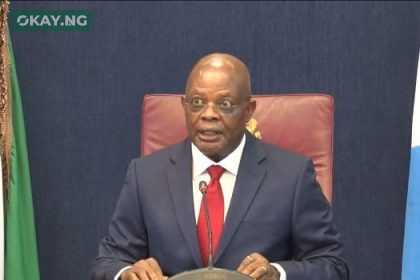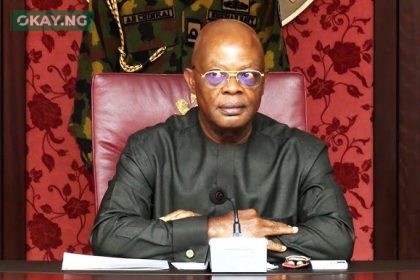A Chief Magistrate within the Rivers State Judiciary, Ejike George, has officially tendered his resignation from his position after sixteen years of service. In a letter addressed to the Honourable Chief Judge of Rivers State through the Judicial Service Commission, Magistrate George explicitly stated that his decision stems from a profound unease regarding the recent appointment of a Sole Administrator to oversee the affairs of the state. He articulated his view that this form of governance is akin to a “quasi-military administration,” a system he finds incompatible with the principles of a modern state.
In his resignation letter, dated April 11, 2025, and titled ‘Voluntary Retirement From Service,’ Magistrate George conveyed his deep dismay concerning the current trajectory of governance in Rivers State. He described this administrative development as “alien” and fundamentally “antithetical” to the core values and principles that underpin the legal profession. Having dedicated a significant portion of his legal career to serving as a Magistrate under successive democratic administrations, Magistrate George expressed his inability to reconcile his professional ethics with the present administrative structure.
Magistrate George explicitly stated that continuing to serve under the current arrangement would be tantamount to a tacit and naive acceptance of a governance system he fundamentally disagrees with. He emphasized the stark contrast between the principles of democratic governance, under which he has served for the majority of his tenure, and the newly imposed administrative structure. This principled stance underscores the significant discomfort felt within a segment of the Rivers State judiciary regarding the recent political developments and their implications for the rule of law and democratic norms.
Concluding his communication, Magistrate George expressed his gratitude to the Honourable Chief Judge for the opportunity to have served the Rivers State Judiciary for the past sixteen years. His resignation highlights the growing concerns and potential ramifications of the recent appointment within the state’s governance structure, particularly among those tasked with upholding the legal framework and the principles of democratic administration.












